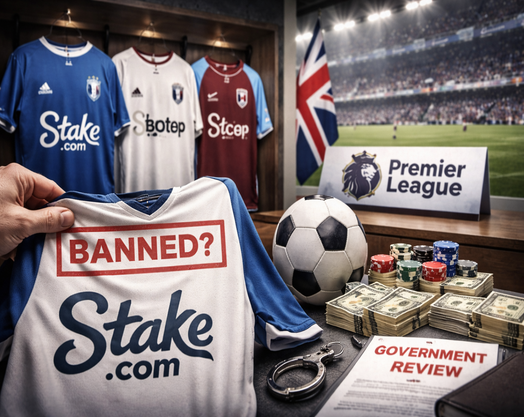Regulators tighten gambling enforcement
PROVIDENCE, R.I. — Rhode Island regulators are intensifying efforts to shut down illegal online gambling as state leaders weigh expanding the legal sports betting market beyond its single operator model.
Attorney General Peter Neronha has ordered an investigation into offshore sportsbooks and casinos following a request from the Department of Revenue, according to The Providence Journal. The move follows a summer enforcement campaign in which the Rhode Island Lottery—overseen by the department—sent cease-and-desist letters to six major offshore operators: BetUS, BetOnline, Bovada, MyBookie, WildCasino, and YouWager. The crackdown underscores a growing national effort to curtail unregulated gambling, even as states explore broader legalization and competition within the regulated market.
| Action | Targeted Operators | Legal Market | Next Steps |
|---|---|---|---|
| Investigation & cease-and-desist | BetUS, BetOnline, Bovada, MyBookie, WildCasino, YouWager | IGT exclusive (Sportsbook RI); RFI received 8 respondents | AG probe, potential legislative changes to open market |
Monopoly Under Review
Bally’s, based in Providence, already operates the state’s two casinos and launched an online casino in 2024.
A bill to end IGT’s monopoly passed the Senate 30–3 but stalled in the House. The legislation drew on findings from a Spectrum Gaming Group study, which recommended adding at least three more operators to boost competitiveness and state revenue. “With legalized sports betting flourishing across the country, there is ample evidence on how this new industry works best for consumers and the state,” said bill sponsor Senator Frank Ciccone. “Having only one company exclusively operate is not in the best interests of consumers or from a revenue-generating standpoint.”
Rhode Island’s actions mirror a broader national trend. State regulators across the U.S. have issued hundreds of cease-and-desist letters this year to offshore sportsbooks and unregulated sweepstakes sites. In Michigan, regulators have sent more than 100 such letters to illegal operators. Michigan Gaming Control Board Executive Director Henry Williams said enforcement is necessary to “maintain the integrity of Michigan’s regulated gaming industry” and protect residents from “predatory practices and unreliable gambling experiences.”
Other states, including California and Louisiana, have moved to limit dual-currency sweepstakes operators—platforms that blur the line between gambling and gaming. Louisiana’s legislature passed a ban earlier this year, but Governor Jeff Landry vetoed it, saying regulators already had sufficient enforcement authority. The Louisiana Gaming Control Board nonetheless issued 40 cease-and-desist orders shortly afterward.
Meanwhile, several states have also targeted prediction markets offering contracts tied to sports events, raising legal questions over whether they fall under state gambling laws or federal commodities regulations.
Rhode Island is investigating and ordering offshore sportsbooks to cease operations as the state considers ending its single-operator sports betting monopoly.
Balancing Enforcement and Expansion
For Rhode Island, the dual focus on cracking down and expanding could shape the state’s gaming landscape for years to come.
The enforcement push signals regulators’ intent to protect the state’s licensed industry as lawmakers consider new entrants. Whether the legislature revives the expansion bill next session could depend on how the state’s sole operator and potential newcomers make their case for a more competitive market. As Rhode Island moves toward potential reform, officials appear aligned on one point: the state’s gambling market must evolve within the bounds of law.








